Description
Dandelion Root
Dandelion root refers to the taproot of the common dandelion plant (Taraxacum officinale), a flowering herbaceous plant that is widespread in many parts of the world. Despite being often considered a weed, dandelion has a long history of use in traditional medicine and culinary applications. The roots are particularly valued for their potential health benefits. Here are key aspects of dandelion root:
Appearance:
- Taproot:
- The dandelion root is a taproot, which means it is the primary, central root of the plant. It is typically brown or dark brown in color and can be quite long and tapered.
- Mature Plants:
- Mature dandelion plants have a rosette of serrated leaves and a hollow stem. The yellow flower head matures into a spherical seed head known as a “dandelion clock” or “blowball,” dispersing its seeds with the wind.
Culinary Uses:
- Roasting:
- Dandelion roots can be dried and roasted to create a dandelion root coffee or tea substitute. The roasting process imparts a rich, coffee-like flavor to the roots.
- Culinary Recipes:
- Some cuisines incorporate dandelion roots into recipes. They may be used in soups, stews, or as a cooked vegetable.
Medicinal Uses:
- Traditional Medicine:
- Dandelion root has a history of use in traditional medicine, particularly in herbal remedies. It has been used for a variety of purposes, including liver support and as a mild diuretic.
- Digestive Aid:
- Dandelion root is believed to have digestive benefits. It may help stimulate appetite and support overall digestive health.
- Detoxification:
- Some herbalists suggest that dandelion root may support the liver and aid in the detoxification process. It is believed to enhance the elimination of waste products from the body.
- Diuretic Properties:
- Dandelion root is considered a mild diuretic, which means it may increase urine production. This property is thought to help with fluid balance and the elimination of excess water.
- Anti-Inflammatory:
- Dandelion root contains compounds with potential anti-inflammatory effects, which may contribute to its traditional use for various inflammatory conditions.
Preparations:
- Tea:
- Dandelion root tea is a popular preparation. It can be made by steeping dried and roasted dandelion roots in hot water. The tea may be consumed for its potential health benefits.
- Capsules and Extracts:
- Dandelion root is available in supplement form, including capsules and liquid extracts. These forms provide a concentrated dose of the active compounds found in the root.
Cautions:
- Allergies:
- Some individuals may be allergic to dandelion. If you have allergies to plants in the Asteraceae family (such as ragweed, marigolds, and daisies), caution is advised.
- Medication Interactions:
- Individuals taking medications or with pre-existing health conditions should consult with a healthcare professional before using dandelion root supplements.
While dandelion root has been traditionally used and is generally regarded as safe, individual responses can vary. It’s recommended to consult with a healthcare professional before incorporating dandelion root supplements, especially if you are pregnant, breastfeeding, or have specific health concerns.

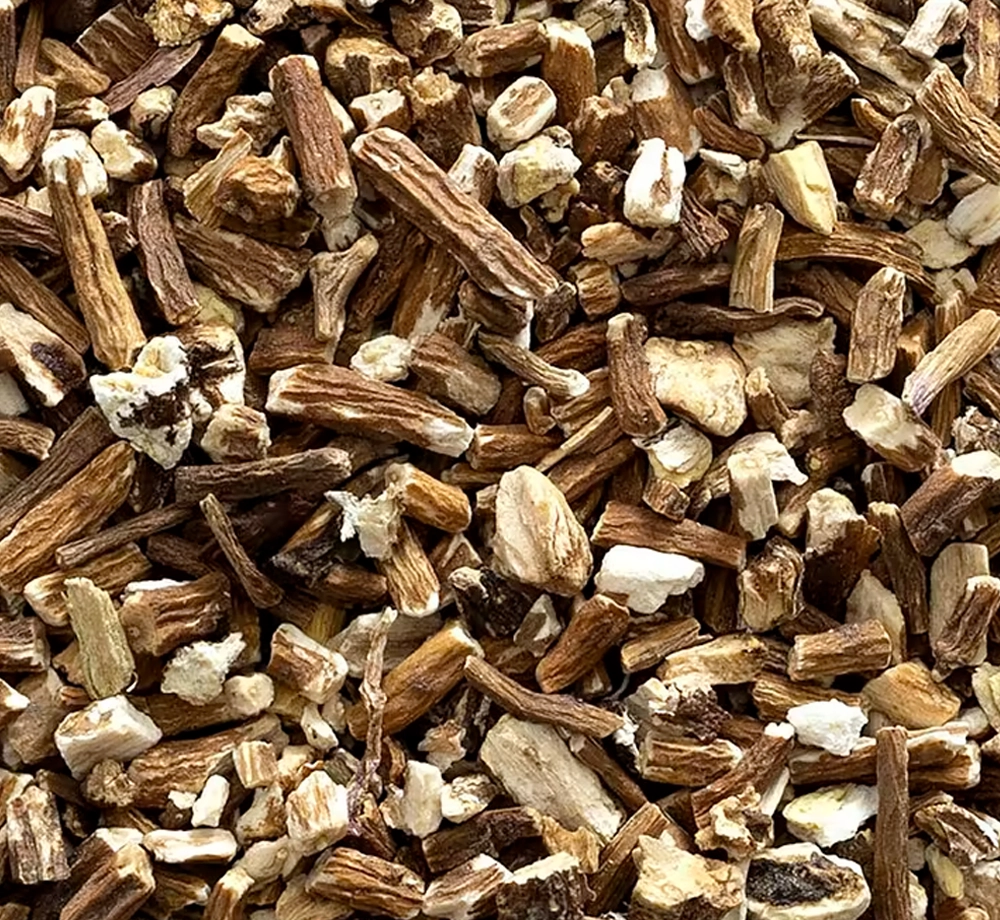
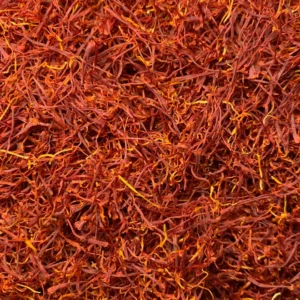
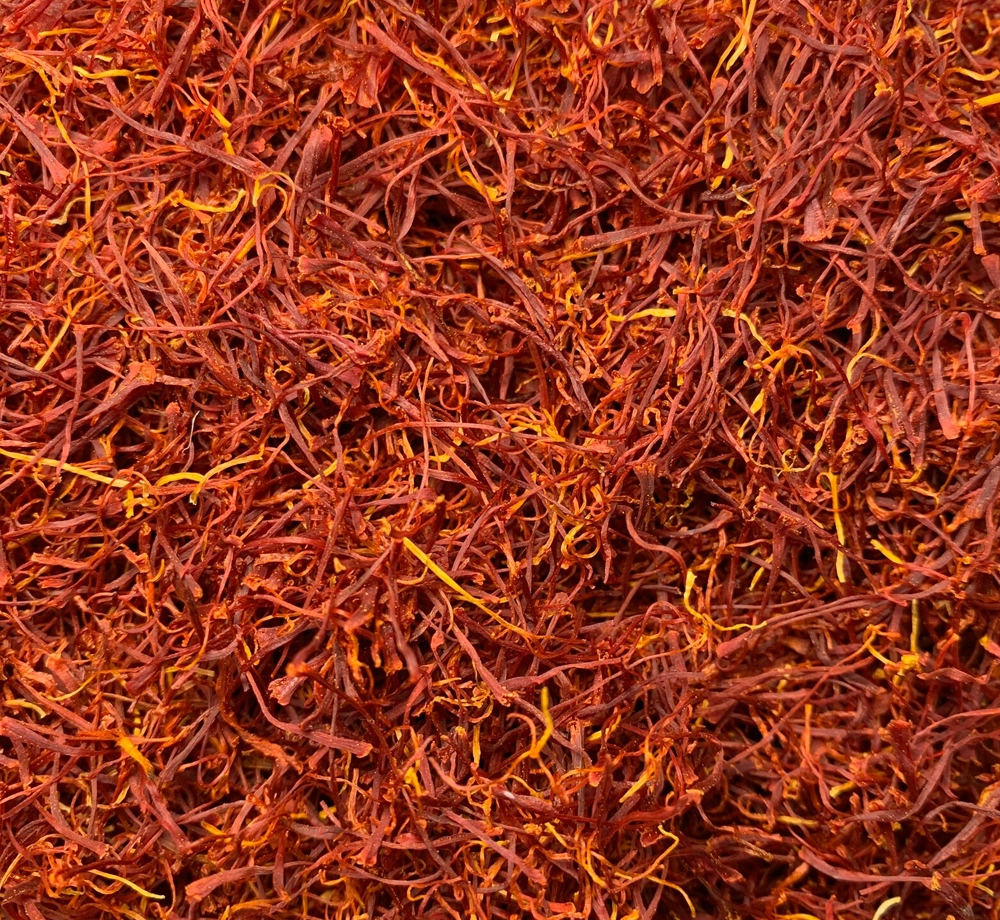
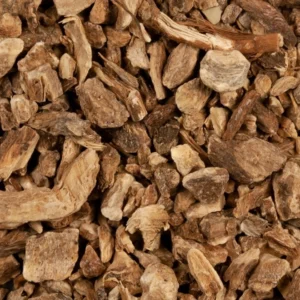
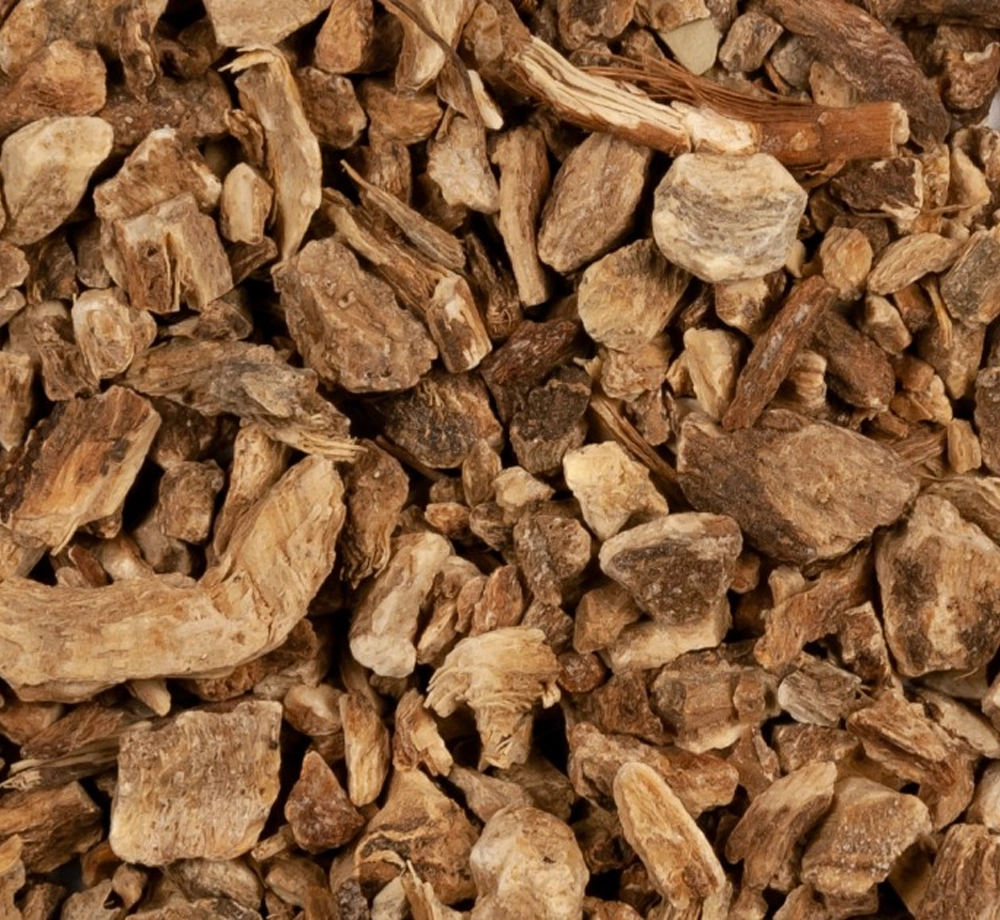
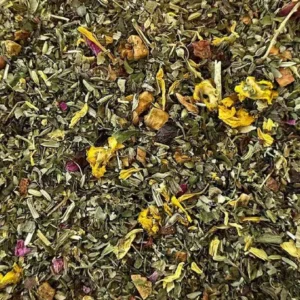
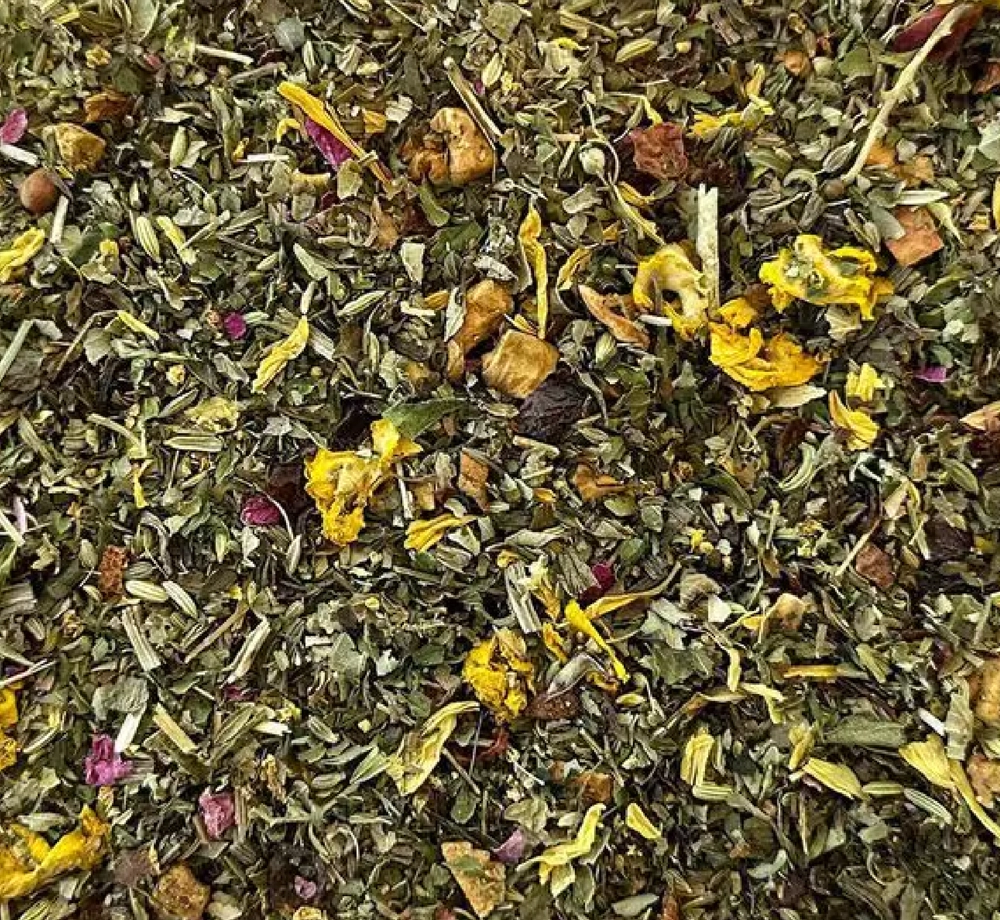
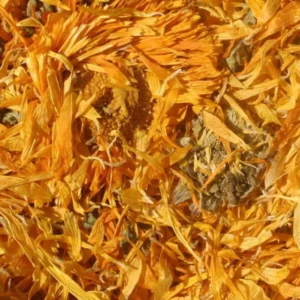
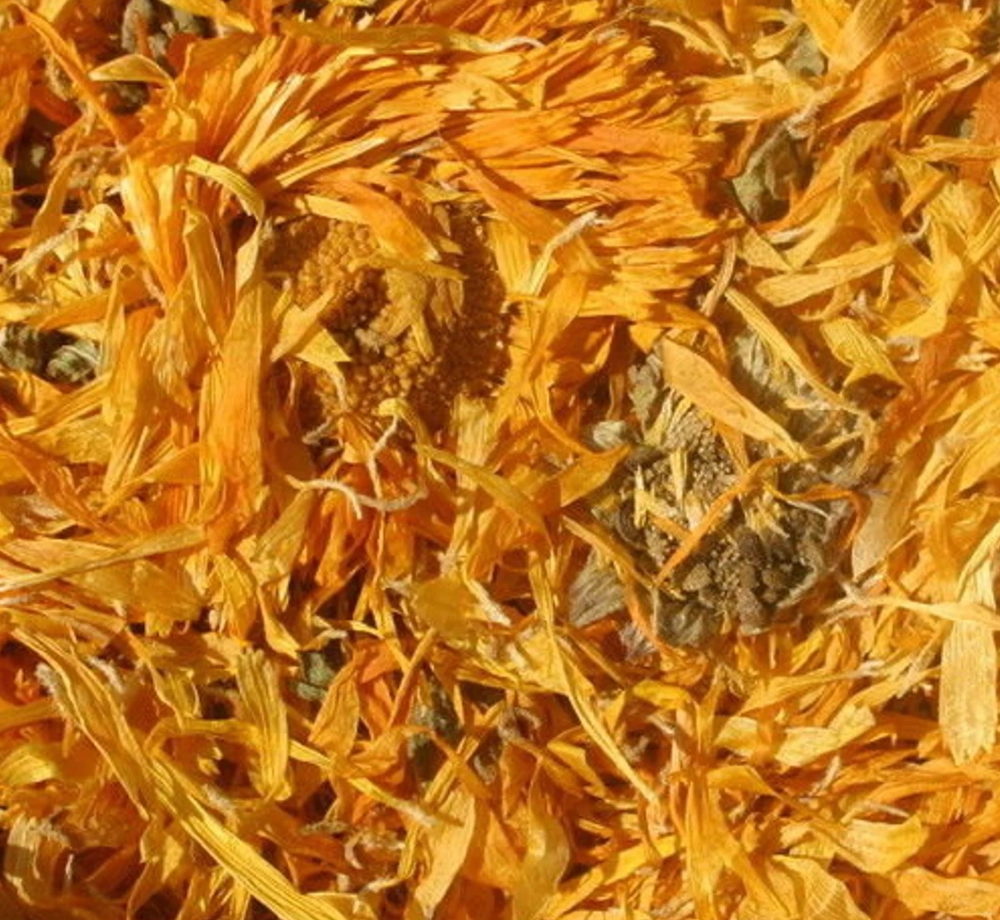
Reviews
There are no reviews yet.